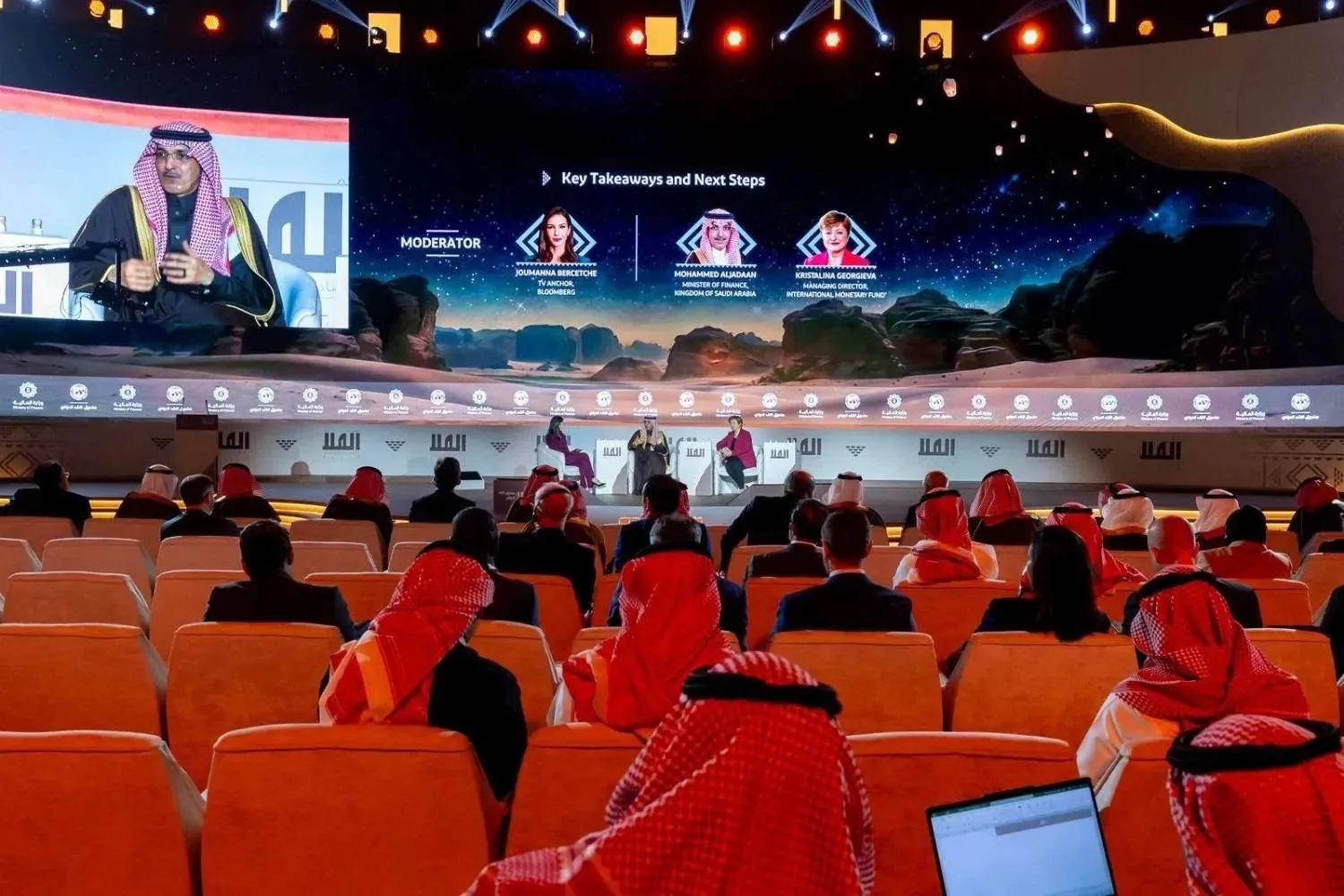China unexpectedly left benchmark lending rates unchanged at the monthly fixing on Friday, confounding market expectations that were primed for a move after the Federal Reserve delivered an outsized interest rate cut earlier this week.
However, market watchers widely believe further stimulus will be rolled out to prop up an ailing economy, as the Fed's easing offers Beijing leeway to loosen monetary policy without unduly hurting the yuan.
The one-year loan prime rate (LPR) was kept at 3.35%, while the five-year LPR was unchanged at 3.85%.
In a Reuters survey of 39 market participants conducted this week, 27, or 69%, of all respondents expected both rates to be trimmed.
"The rate cut is likely to be included in a larger policy package, which is being reviewed by senior officials," said Xing Zhaopeng, senior China strategist at ANZ, referring to Chinese policymakers.
"Current economic data and expectations all support a rate cut. And, lowering existing mortgage loan rates also requires further reductions in the 5-year LPR, which may lead to a one-time and significant decline in the LPR in the fourth quarter."
A string of August economic data, including credit lending and activity indicators, surprised to the downside and raised the urgency to roll out more stimulus measures to prop up the world's second-biggest economy, market watchers said.
Analysts and policy advisers expect Chinese policymakers to step up measures to at least help the economy meet the increasingly challenging 2024 growth target.
Faltering Chinese economic activity has prompted global brokerages to scale back their 2024 China growth forecasts to below the government's official target of about 5%.
President Xi Jinping last week urged authorities to strive to achieve the country's annual economic and social development goals, state media reported, amid expectations that more steps are needed to bolster a flagging economic recovery.
"There is a good chance that the People's Bank of China (PBOC) will lower rates and banks to lower LPRs soon," analysts at Commerzbank said in a note.
"Lackluster growth calls for monetary policy easing, and the Fed rate cuts provide room for PBOC to cut."
Monetary policy divergence with other major economies, particularly the United States, and a weakening Chinese yuan have been the key constraints limiting Beijing's efforts to loosen policy over the past two years.
But the US central bank's 50-basis-point cut on Wednesday that kicked off an anticipated series of interest rate cuts has unshackled some of China's policy levers, analysts say.
Most new and outstanding loans in China are based on the one-year LPR, while the five-year rate influences the pricing of mortgages.









